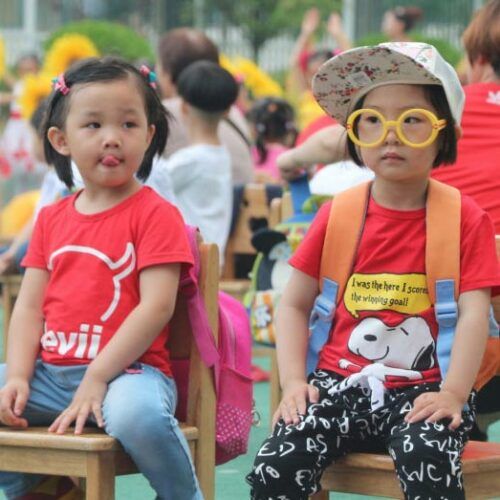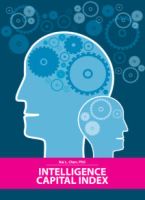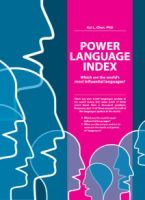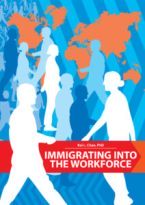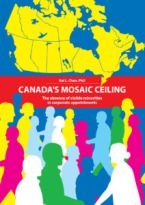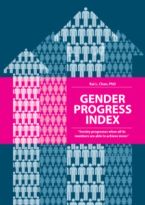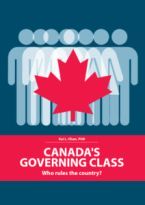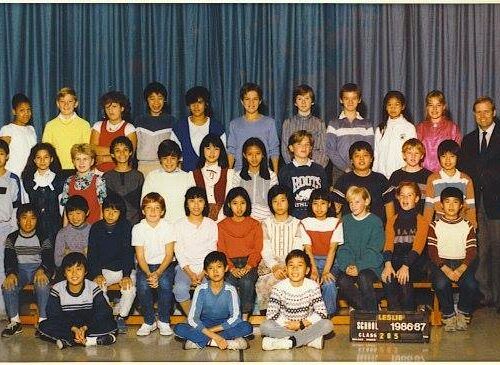
Letter to the Globe & Mail (September 4, 2021) Re What’s In A Name? For ‘Gifted’ Programs, A Problem (Aug. 28): Back in the 1980s in Toronto, I was part of the “gifted” program in elementary school. I had visions of learning (age-relevant) advanced mathematics and science, or reading high literary work. However, the reality was that the program was characterized by talk about shapes, feelings, colours and everything other than advanced academic material. Rather than renaming the “gifted” program, it would serve students better if it actually nurtured academic excellence in a more rigorous way. Either that, or provide the program on a lottery basis (or to the underprivileged) if there is no essence of “gifted” in its delivery. Kai Chan Abu Dhabi, United Arab Emirates Article as it appeared online. © Copyright 2018 The Globe and Mail Inc. All rights reserved.

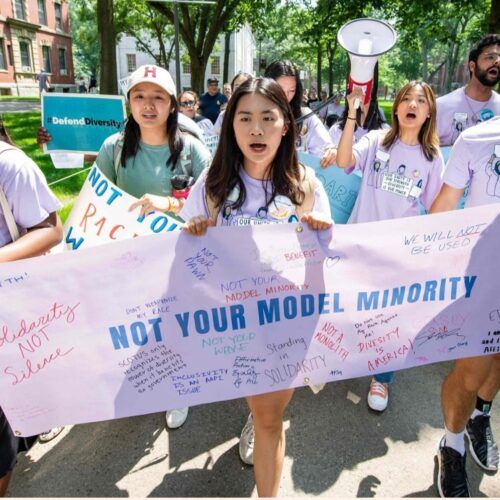 Letter to the FT (July 12, 2023) I was a bottom one-percenter, literally born on the streets of China to peasant parents, grew up in poverty in the west and arrested multiple times as a teenager -- I also attended Princeton University ("The moral bankruptcy of Ivy League America", Opinion, July 6). Although the US Supreme Court ruled to disallow race-based affirmative action, the history of similar policies -- notably proposition 209 in California, which banned race as a factor for college admissions -- and the present climate in higher education suggest that the Ivy League establishment will find other (non-race based) ways to continue to get their desired mix of students, in which Asians still end up being the biggest losers. Luce points to favouritism for white people due to that group receiving 65 per cent of athletic scholarships -- however, this number is roughly in line with their share of the overall US population. That this argument even surfaced shows the skewed view many have, perhaps in part because of the higher proportion of black people in major US sports. Nevertheless, Luce is on point that the affirmative action debate in its present form does nothing for the…
Letter to the FT (July 12, 2023) I was a bottom one-percenter, literally born on the streets of China to peasant parents, grew up in poverty in the west and arrested multiple times as a teenager -- I also attended Princeton University ("The moral bankruptcy of Ivy League America", Opinion, July 6). Although the US Supreme Court ruled to disallow race-based affirmative action, the history of similar policies -- notably proposition 209 in California, which banned race as a factor for college admissions -- and the present climate in higher education suggest that the Ivy League establishment will find other (non-race based) ways to continue to get their desired mix of students, in which Asians still end up being the biggest losers. Luce points to favouritism for white people due to that group receiving 65 per cent of athletic scholarships -- however, this number is roughly in line with their share of the overall US population. That this argument even surfaced shows the skewed view many have, perhaps in part because of the higher proportion of black people in major US sports. Nevertheless, Luce is on point that the affirmative action debate in its present form does nothing for the… 

